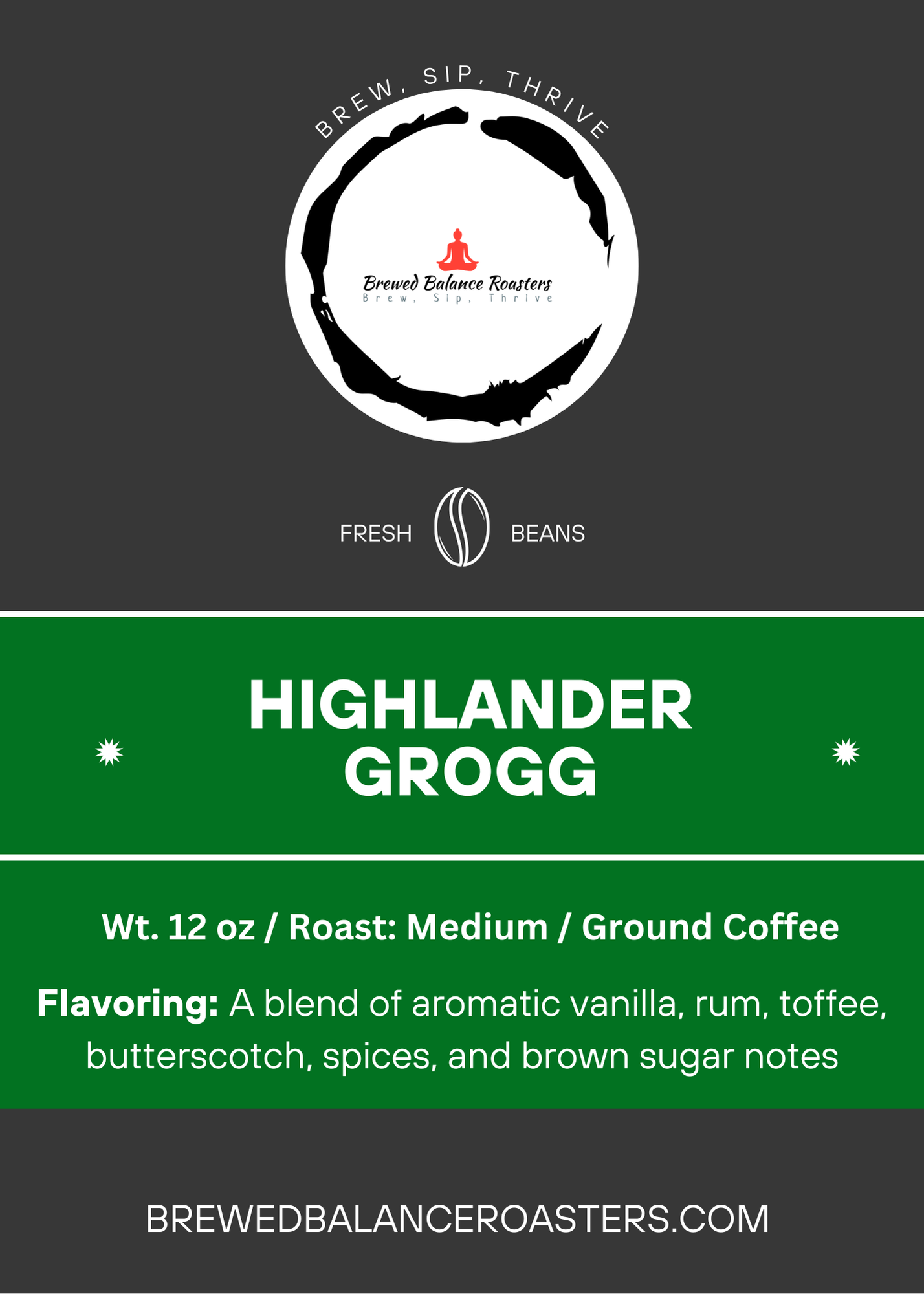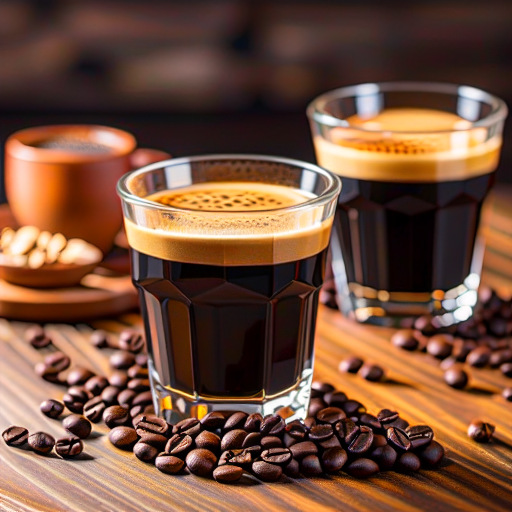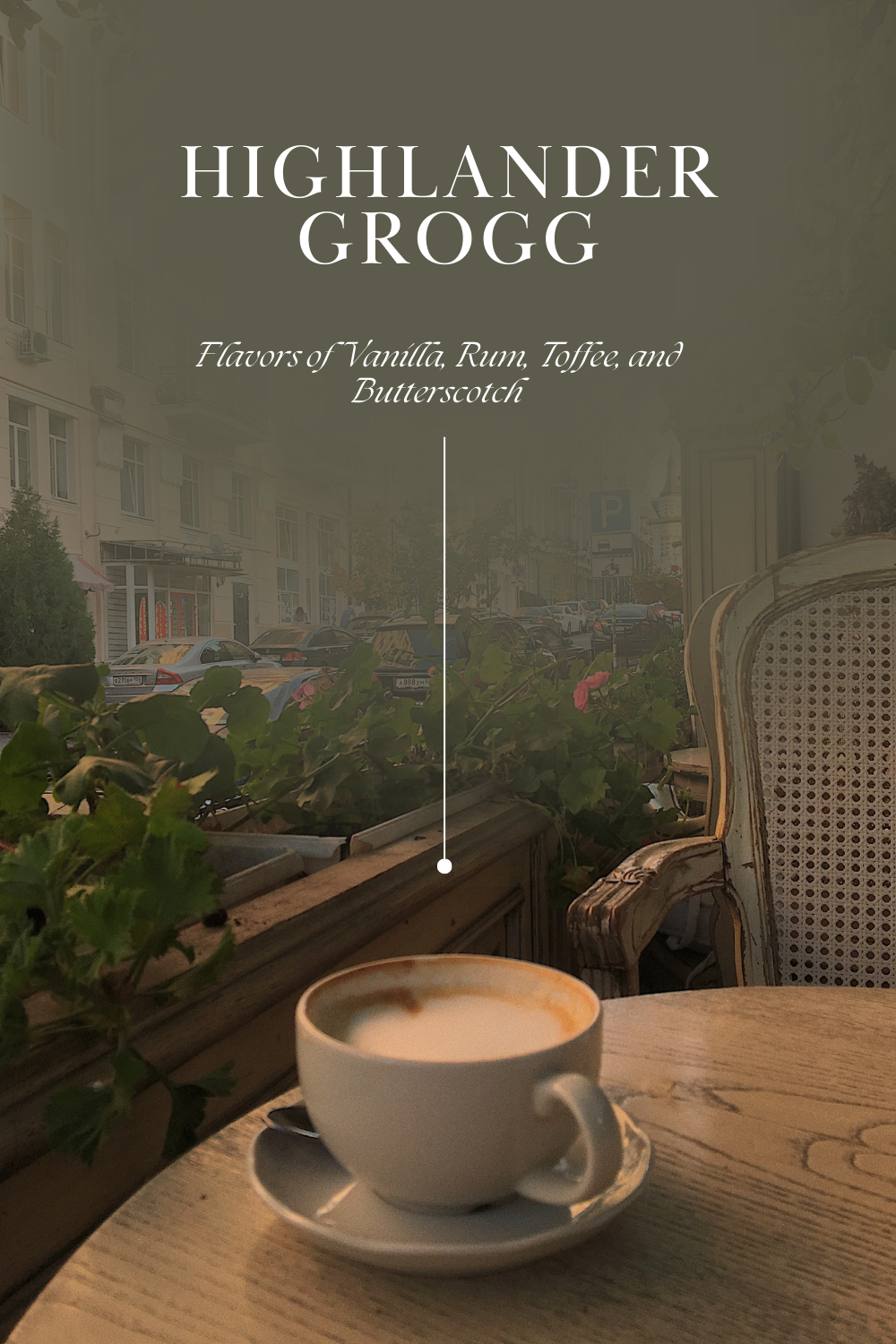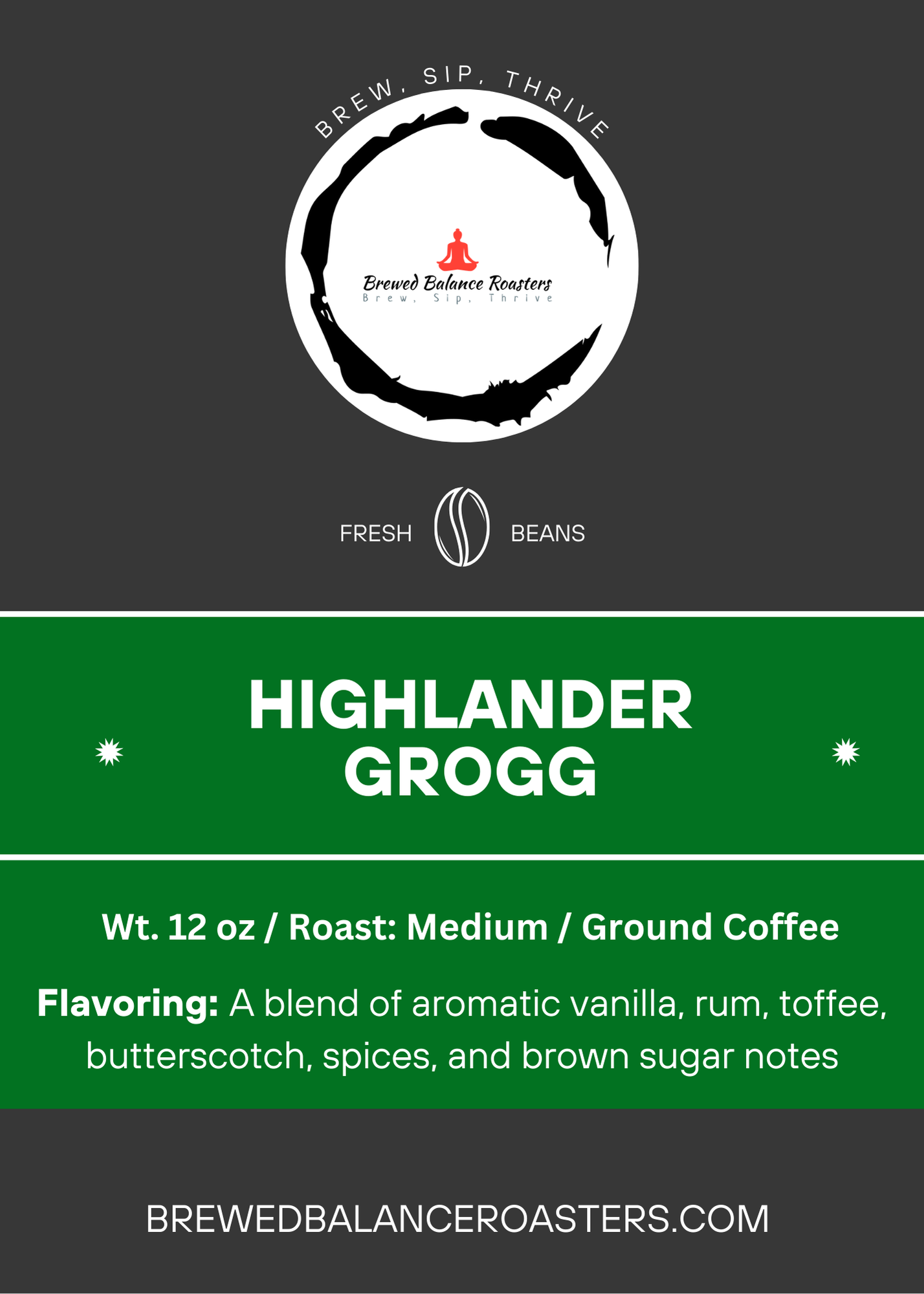
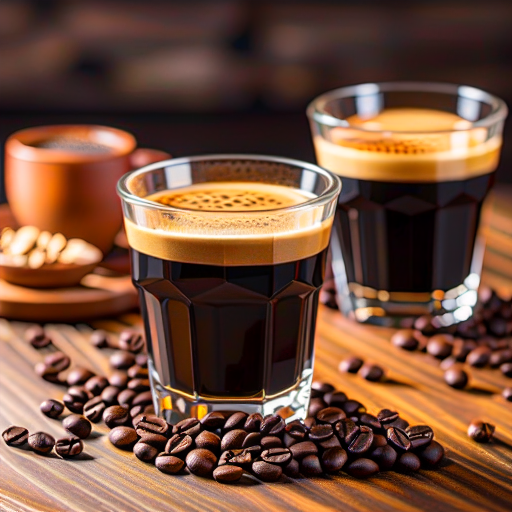
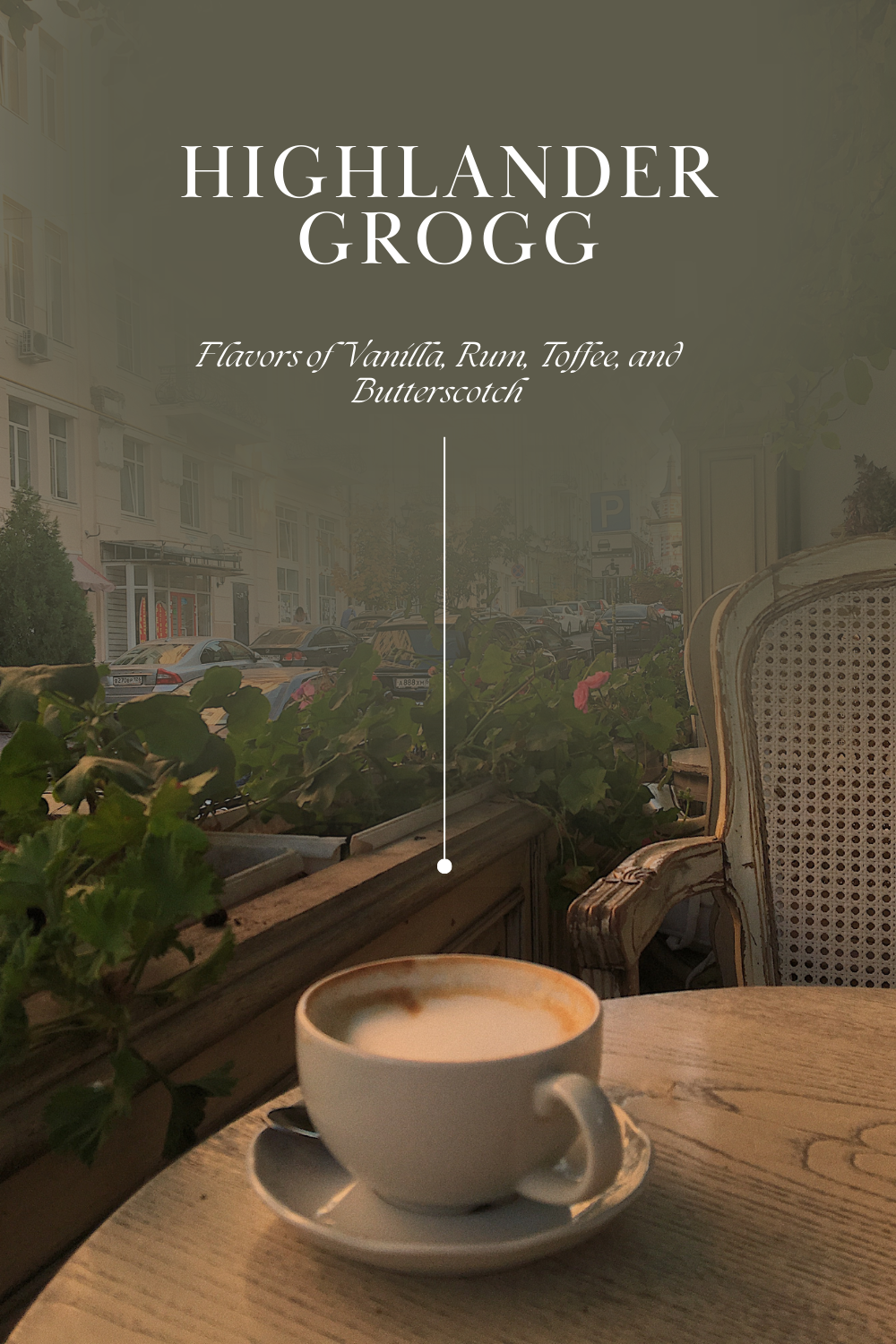
Frequently Asked Questions
What is coffee and where does it come from?
Coffee is a beverage made from the roasted seeds of coffee plants. It is commonly grown in regions near the equator, such as Central and South America, Africa, and Southeast Asia.
What are the different types of coffee beans?
The two primary types of coffee beans are Arabica and Robusta. Arabica beans are known for their mild flavor and acidity, while Robusta beans have a stronger, more bitter taste.
How is coffee grown and harvested?
Coffee is typically grown as a crop, with the coffee cherries harvested when they are ripe. The cherries are then processed to extract the coffee beans.
What is the difference between light, medium, and dark roast coffee?
The roast level of coffee refers to how long the beans are roasted. Light roast coffee has a milder flavor and higher acidity, while dark roast coffee is bolder and less acidic.
How should I store coffee beans to keep them fresh?
Coffee beans should be stored in an airtight container in a cool, dark place. Avoid storing them in the refrigerator or freezer, as moisture and odors can affect the flavor.
What is the best way to brew coffee at home?
There are various methods for brewing coffee, including drip brewing, French press, pour-over, espresso, and more. The best method depends on your preferences and equipment.
Is coffee healthy or harmful?
Moderate coffee consumption is generally considered safe and may have health benefits, such as improved mental alertness and antioxidant properties. However, excessive consumption can have negative effects, such as insomnia and increased heart rate.
How much caffeine is in a cup of coffee?
The caffeine content in coffee can vary widely depending on factors like the type of beans and brewing method. On average, an 8-ounce cup of coffee contains around 95 milligrams of caffeine.
Can I drink coffee during pregnancy or while breastfeeding?
It's recommended that pregnant individuals limit their caffeine intake, as excessive caffeine consumption may be associated with adverse pregnancy outcomes. Consult with a healthcare provider for specific guidance.
What is the best time to drink coffee for maximum alertness?
The best time to drink coffee for alertness varies from person to person. Many people find that morning is ideal, but it depends on your individual circadian rhythms and daily routine.
How can I reduce the bitterness of my coffee?
To reduce bitterness, consider using fresher beans, adjusting your brewing time and temperature, and experimenting with different coffee-to-water ratios.
Are there alternatives to traditional coffee for those who don't like caffeine?
Yes, there are many caffeine-free coffee alternatives, such as herbal teas, decaffeinated coffee, and various grain-based coffee substitutes.

